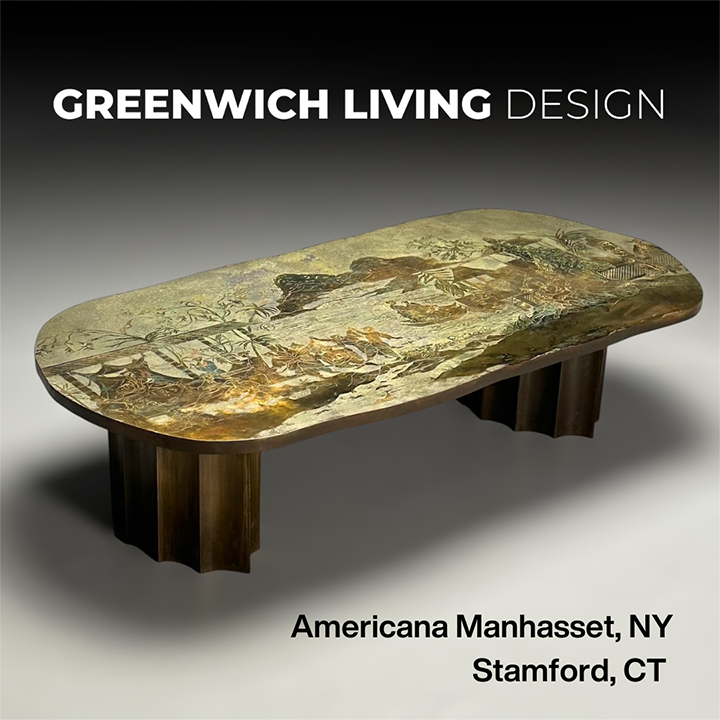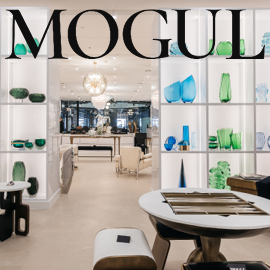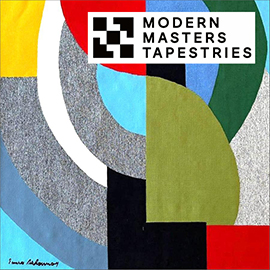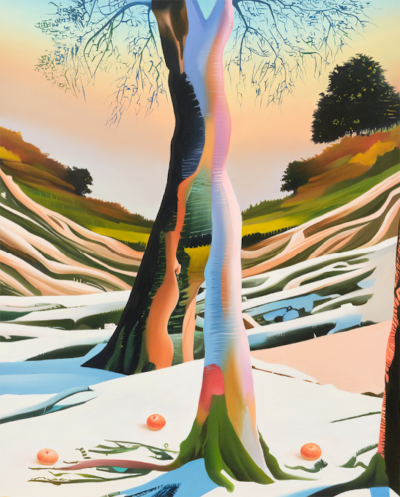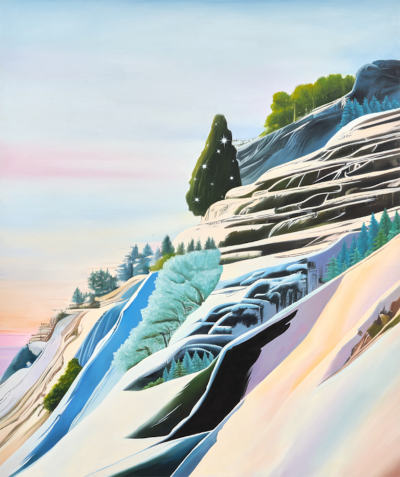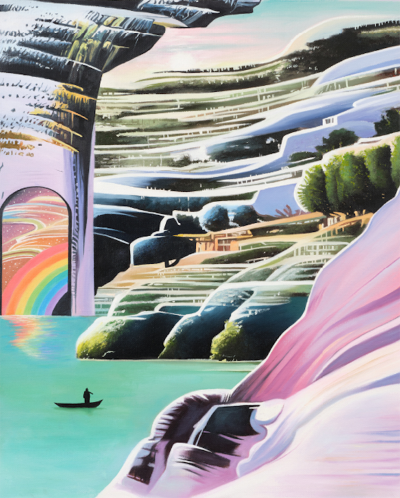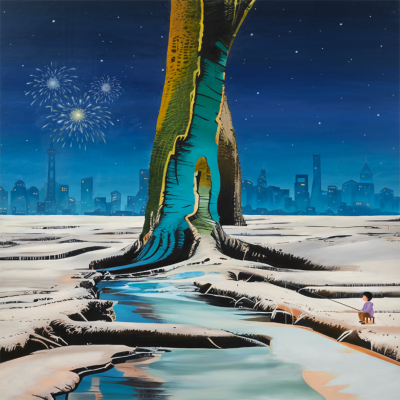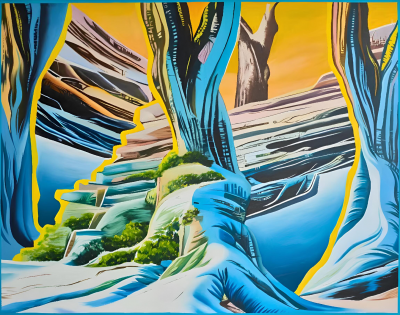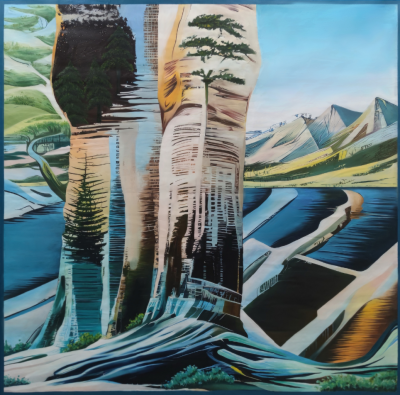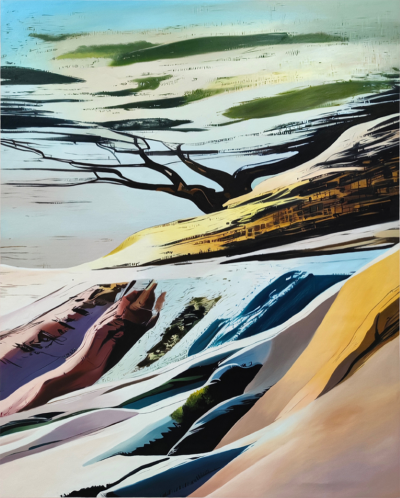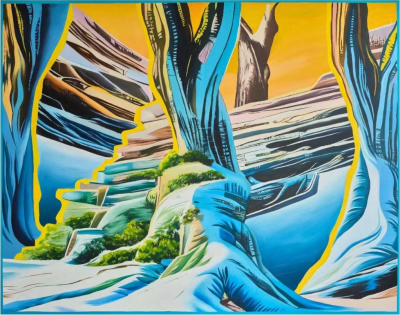Liane Chu
Chinese
Liane Chu, born in 1997 in Hong Kong, is an emerging artist who graduated from the Communication and New Media program at City University of Hong Kong. She is currently pursuing a Master’s degree in Experimental Art and Technology at the Central Academy of Fine Arts. Chu’s artworks have been showcased in notable venues, including the Aurora Museum in Shanghai, Shining Art Gallery in Guangzhou, K11 Art and Culture Center in Hong Kong, and Madein Art Center in Shanghai. Her work is part of prestigious collections held by institutions such as the Aurora Museum, Liangyang Group, and Cathay Pacific.
Chu’s art serves as both a personal narrative and a commentary on societal perceptions of “normal” and “abnormal.” Living with Tourette's syndrome, she uses her creations as a form of catharsis, reflecting her belief in the power of self-healing and self-expression. Through her work, she seeks to dismantle binary divisions, striving for hope and serenity amid life's chaos.
In her surreal landscapes, Chu draws parallels between humans and trees, suggesting that our well-being is deeply influenced by what we consume. Just as trees absorb nutrients, we too are shaped by the media and content we engage with. Her art critiques the pervasive impact of technology in urban life, revealing how our interactions with it subtly mold our experiences and identities.
Chu’s art serves as both a personal narrative and a commentary on societal perceptions of “normal” and “abnormal.” Living with Tourette's syndrome, she uses her creations as a form of catharsis, reflecting her belief in the power of self-healing and self-expression. Through her work, she seeks to dismantle binary divisions, striving for hope and serenity amid life's chaos.
In her surreal landscapes, Chu draws parallels between humans and trees, suggesting that our well-being is deeply influenced by what we consume. Just as trees absorb nutrients, we too are shaped by the media and content we engage with. Her art critiques the pervasive impact of technology in urban life, revealing how our interactions with it subtly mold our experiences and identities.
